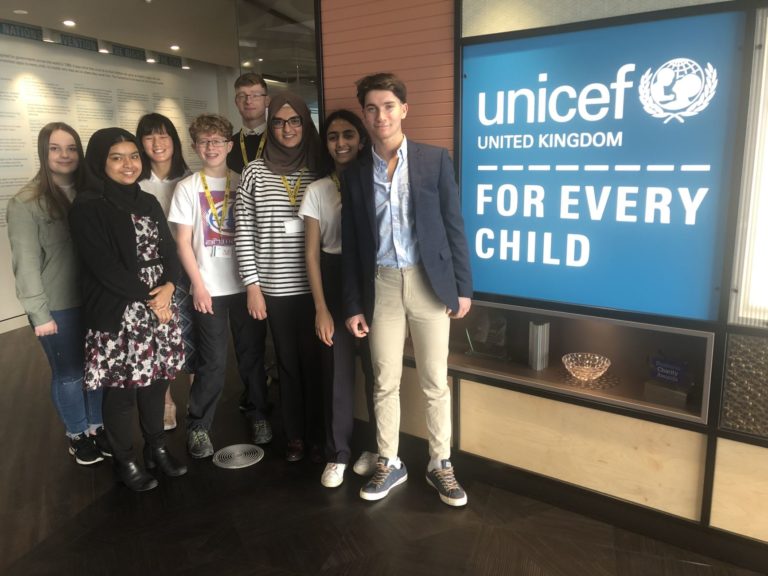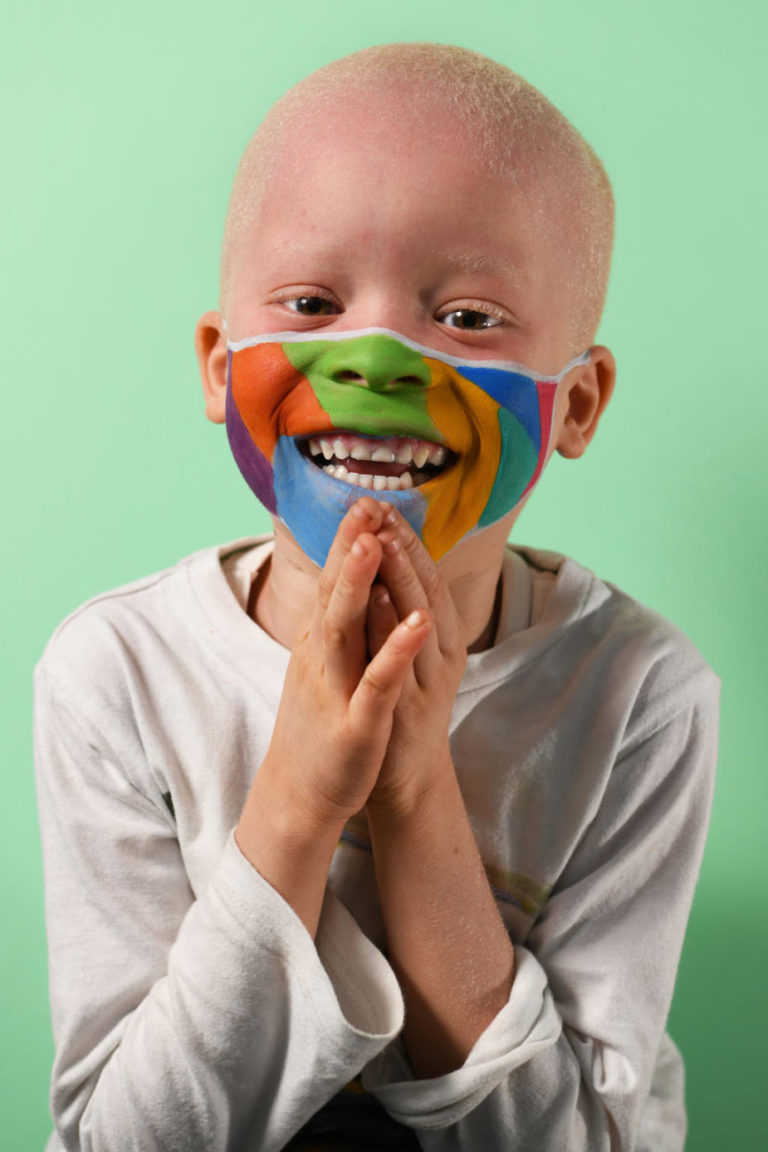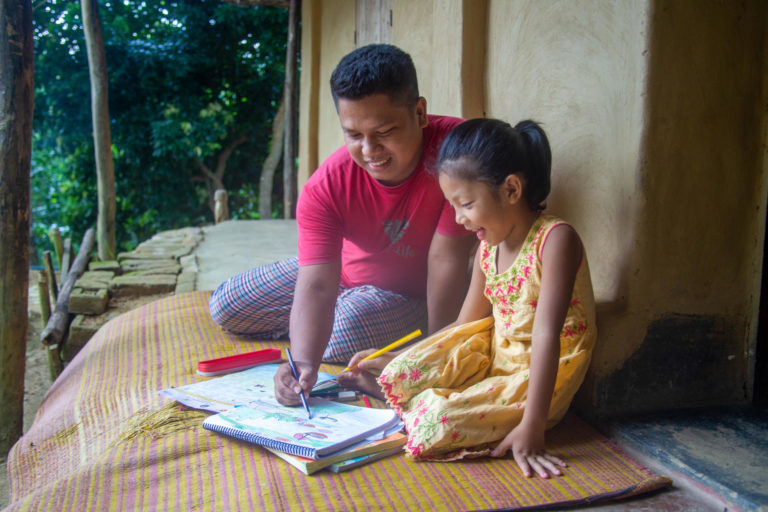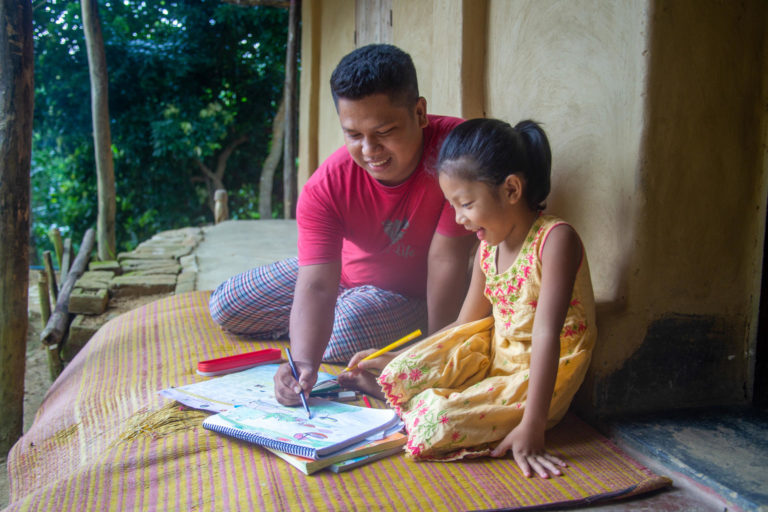UNICEF UK released a briefing to ensure the UK Government and civil society understand the impact of the coronavirus pandemic on children around the world. Eddie and Maham from the Youth Advisory Board have written a blog about the impact of the coronavirus pandemic on children and young people around the world.
With the pandemic causing huge disruption to our lives everywhere, this goes far beyond immediate health implications; indirect and direct effects threaten millions of children’s access to fundamental human rights.
Enshrined in the United Nations Convention on the Rights of the Child (UNCRC), the most widely-ratified international human rights treaty in history, are 54 essential freedoms that all children are entitled to. It is our duty to help protect the rights of these children, in any way possible.

Article 24 of the UNCRC states that every child has the right to the best healthcare possible. Immediately and by its very nature, the coronavirus pandemic presents a direct risk to children.
However, it has also disrupted access to essential health services and vital vaccines, and means families will struggle more than ever to afford adequate food to support children’s development.
This poses a huge threat to global progress on ending preventable child deaths, which decreased from 12.5 million deaths in 1990 to 5.3 million in 2018. Estimates from May 2020 show these disruptions could result in the deaths of 1.2 million more under-five children in 6 months.
In 2015, the UK government signed up to play its part in achieving the UN Sustainable Development Goals – but by disrupting access to life-saving services, Covid-19 has threatened years of progress that 193 countries have worked towards, endangering the fulfilment of these goals by 2030.
The lives of millions of children are at risk; if we don’t act now to protect children and their access to healthcare, an additional 6000 children could die every day for the next 6 months.
If we do act now, we could save these lives. If we do act now, we can protect a generation.

“Physical distance does not mean emotional distance. We are separated by borders, oceans, nations, continents, but we are more connected than ever before.”
One unifying factor in this pandemic is education; the disruption of schools and classrooms has been felt all around the world. Fortunately in the UK, many of us were able to respond with various technologies to help facilitate learning from home during lockdown, such as video call, collaborative documents, and learning apps. And even then, our children and young people’s education suffered.
In parts of the world that were experiencing a learning crisis beforehand, the disturbance to education has had significant consequences for children.
When we consider school, our minds instantly focus on education, but what about the non-academic impacts of not being able to go to school? About half of schoolchildren in low- and middle-income countries receive food on a daily basis. For some, this is the only complete meal they receive.
School is also where children can access support; where child protection and safeguarding measures are in place and where children feel safe. Schools can help students who suffer from trauma, which will be important as families continue to experience bereavements as a result of the pandemic.

As coronavirus cases decline and strides are made back towards reopening, as society we are given a choice: return to normal, to life as it was before, or build back better. Return to our previous normality or redefine its definition.
Reimagine our world. By strengthening policies, protecting healthcare and education for all children and young people worldwide, we can create a fairer, safer and better world.
All around the world, we face a common threat that puts the future of a generation at risk – so today, we are asking the UK Government to take action:
- To recognise the impact of coronavirus on children and child rights
- To protect children’s healthcare and education
- To save lives
